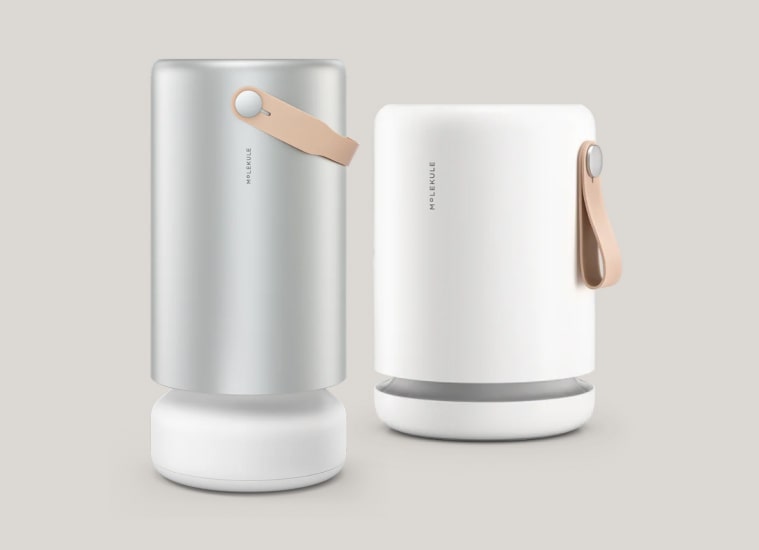Preventing and Managing Asthma Symptoms During Cold Weather

As the weather turns colder, individuals with asthma may face increased challenges in managing their symptoms. Cold air can trigger asthma attacks, leading to wheezing, coughing, and shortness of breath. For many, winter means dealing with additional asthma triggers such as dry air, indoor allergens, and respiratory infections. In this blog post, we’ll explore practical tips for preventing and managing asthma symptoms during the colder months to help you stay healthy and breathe easier.
How Cold Weather Affects Asthma
Constriction of Airways: Cold, dry air can irritate the airways, causing them to constrict, making it harder to breathe. This can lead to asthma symptoms like wheezing, coughing, and chest tightness.
Increased Respiratory Infections: Winter is the prime season for colds, flu, and respiratory infections, all of which can exacerbate asthma symptoms and trigger flare-ups. Viral infections can increase airway inflammation and make asthma harder to control.
Indoor Allergens: As people spend more time indoors during the colder months, allergens like pet dander, dust mites, and mold can accumulate. These indoor allergens can trigger asthma attacks or worsen symptoms, especially when ventilation is limited.
Tips for Preventing and Managing Asthma in Cold Weather
- Warm Up Before Going Outdoors: Cold air can trigger asthma symptoms, so it’s essential to take precautions before heading outside. If you plan to exercise outdoors, warm up inside to prepare your lungs for the cold air. Consider wearing a scarf or face mask over your nose and mouth to help warm the air before it enters your lungs.
- Keep Your Home Warm and Well-Ventilated: Maintain a comfortable indoor temperature and use a humidifier to add moisture to dry winter air, which can help prevent irritation in your airways. Be sure to keep your home well-ventilated to prevent mold buildup, and regularly clean heating systems and ducts to reduce dust and allergens.
- Check Your Asthma Action Plan: Review your asthma action plan with your healthcare provider. Make sure it’s up-to-date, and discuss any changes in medication, such as increasing the dosage of a controller medication during the winter months. Keep your rescue inhaler on hand at all times in case of an asthma attack.
- Stay Active with Indoor Exercise: Cold weather can make outdoor exercise more challenging, but it’s important to remain physically active to manage asthma symptoms. Consider indoor activities like swimming, yoga, or walking on a treadmill to maintain your exercise routine without exposing yourself to cold air.
- Monitor Weather Conditions: Be mindful of the weather forecast and avoid outdoor activities when the temperature drops significantly or when there are high pollution levels. Cold, dry air combined with poor air quality can trigger asthma symptoms, so it’s best to stay indoors during these conditions.
- Flu and Cold Prevention: During the colder months, respiratory infections like the flu and colds are more common and can worsen asthma symptoms. Practice good hygiene by washing your hands regularly, avoiding sick individuals, and considering the flu vaccine to reduce the risk of infection.
- Keep Track of Your Symptoms: Pay attention to any changes in your asthma symptoms, such as increased coughing, wheezing, or shortness of breath. If you notice an uptick in your symptoms, contact your healthcare provider for further advice on managing your asthma during the cold season.
Stay Ahead of Asthma This Winter
Cold weather doesn’t have to mean constant asthma flare-ups. By following these tips and working with your healthcare provider, you can keep asthma symptoms under control during the winter months and prevent potential triggers. If you’re experiencing more frequent asthma symptoms or need assistance in adjusting your asthma management plan for the colder months, contact Allergy, Asthma, and Immunology Medical Group at 805-658-9500. Our team is here to help you manage your asthma and enjoy a healthy, active winter season.




